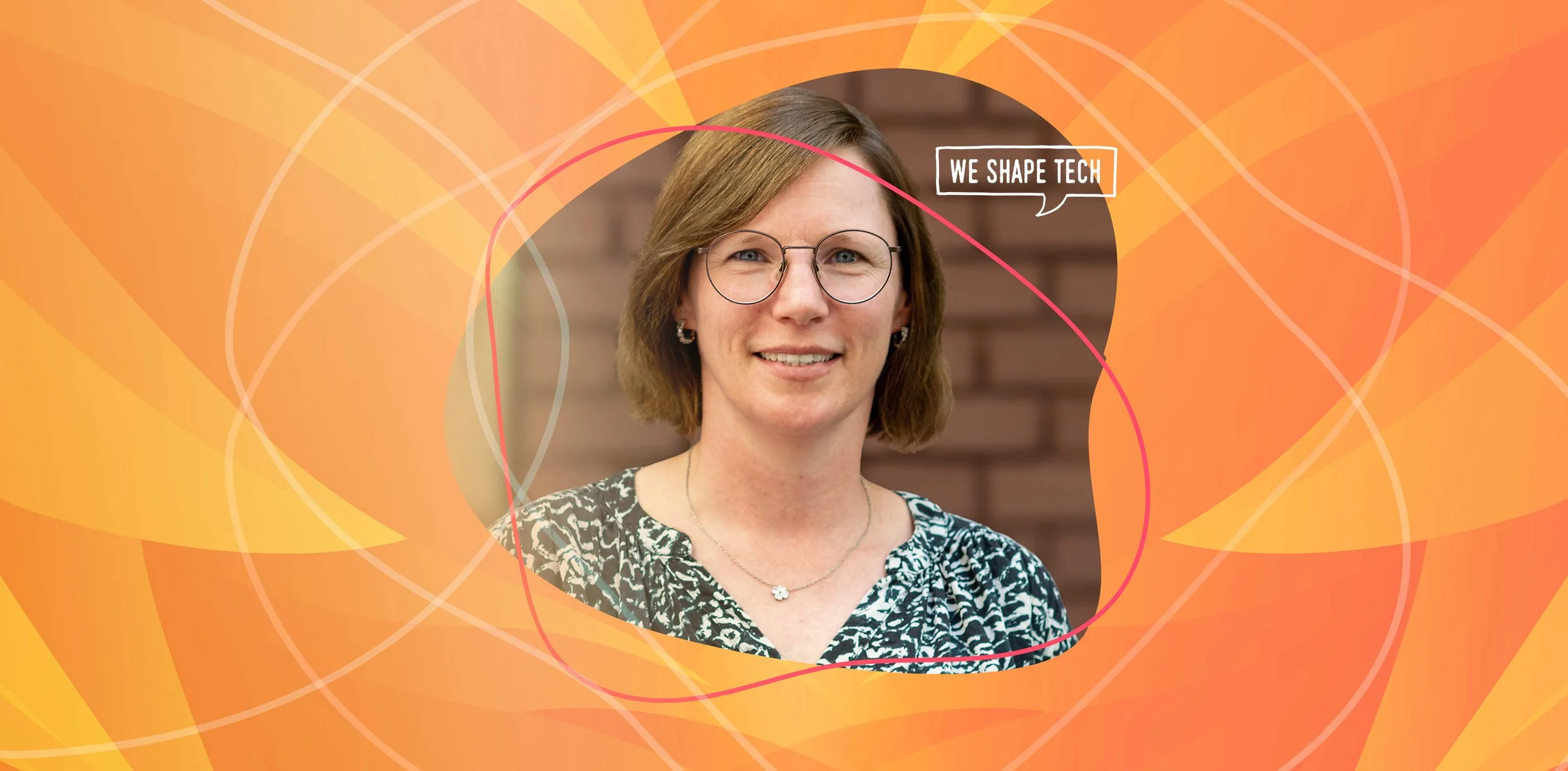Blog

Digital Health Terminology service in Switzerland
DigiSanté announced that the national FHIR terminology server will be the first basic service in the Swiss Health Dataspace (SwissHDS). In this post, we do a deep dive into the current terminologies used in Switzerland. We look at the current terminology for the development of implementation guides (IGs) and discuss how the future FHIR terminology service will support applications and users in the Swiss Health Dataspace (SwissHDS).

From Care to Code: Diverse Perspectives, Better Interoperability
We Shape Tech features role models who share their experiences to promote diversity and inclusion in technology and innovation. In a recent interview, Michaela Ziegler discusses how her diverse professional background taught her to think across disciplines, systems and needs, leading her to focus on healthcare interoperability and making health data agile through HL7 FHIR and her work on the Women for FHIR initiative.
Follow the link to read the full interview on the We Shape Tech website and learn more about her journey and advice for more diversity in tech.

The HL7 Europe Working Group Meeting 2025: Advancing FHIR in Europe
Michaela Ziegler shares her insights and takeaways from the HL7 Europe Working Group Meeting 2025, which focused on the use of FHIR® within the European Health Data Space (EHDS). Find out what was covered during the meeting, as well as Switzerland’s role in European initiatives, and lessons learned from across Europe, and how the collaboration between IHE and HL7 is being strengthened – and why Michaela believes that continued engagement in advancing digital health interoperability is so important.

Artificial Intelligence in Healthcare: Real Revolution or Overheated Hype?
AI is developing rapidly and is increasingly seen as a driver for transformation in healthcare. From automated diagnoses to personalized treatment plans, its potential is huge – and yet there are concerns that humanity and control could fall by the wayside.
In this post, Michaela Ziegler shares her insights and experiences from the CAS Healthcare Transformation — Using AI to Improve Intelligence in Healthcare in Berlin and highlights the opportunities and challenges of AI in healthcare.

Beginner's Guide to Apache Camel™ and IPF for the Swiss EPR
Deep integration of the Swiss Electronic Patient Record (EPR) into primary systems is crucial for acceptance by healthcare professionals. Quentin Ligier, who has extensive experience in supporting primary systems for integration with the EPR, provides comprehensive guidance on how to effectively send requests to the Swiss EPR using Apache Camel and the Open eHealth Integration Platform (IPF).
The blog post describes the necessary settings, request types and security aspects. Follow the link for the full article on Quentin's site.

How we implemented the Gazelle EVS Client's new validation API in Matchbox
Matchbox is used within the Gazelle ecosystem for validating FHIR-based content and we have recently integrated it with the new validation API from EVS Client. In this post, we look at the structure, requirements and advantages of the new API, and the reasons for our integration, before detailing the steps we took to implement it.
But first, some background.

Navigating the Challenge: Interoperable Health Data Exchange in Switzerland
In a recent interview with eHealth Suisse, Oliver Egger, the founder of ahdis, discussed the challenges, strengths and future prospects of health data exchange in Switzerland and shared his view on the current state of interoperability in the Swiss healthcare sector. In it, he sheds light on the progress that has been made internationally as well as Switzerland's efforts to catch up in promoting interoperable data exchange.
You can read his thoughts, in English, below. The full interview, available in German, French and Italian, can be found on the eHealth Suisse website.

Women for FHIR — The Importance of the Female Perspective in the Interoperability Community
Learn more about the central role of women in the FHIR community and the need for inclusion in healthcare.
Personal experiences highlight both inequalities and the need for the Women for FHIR initiative. This post looks at how integrating women's perspectives can improve interoperability standards and promote more equitable healthcare.
